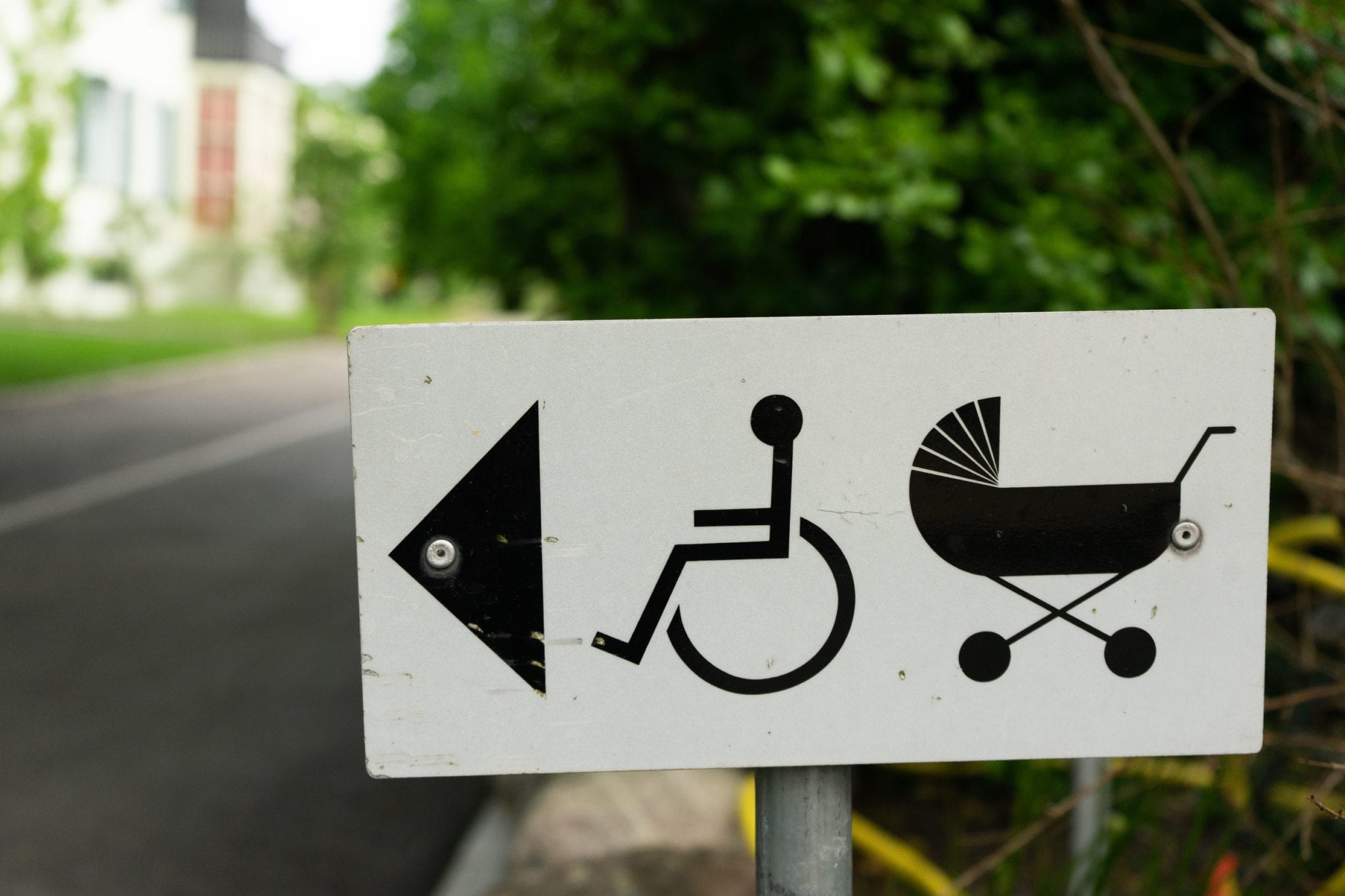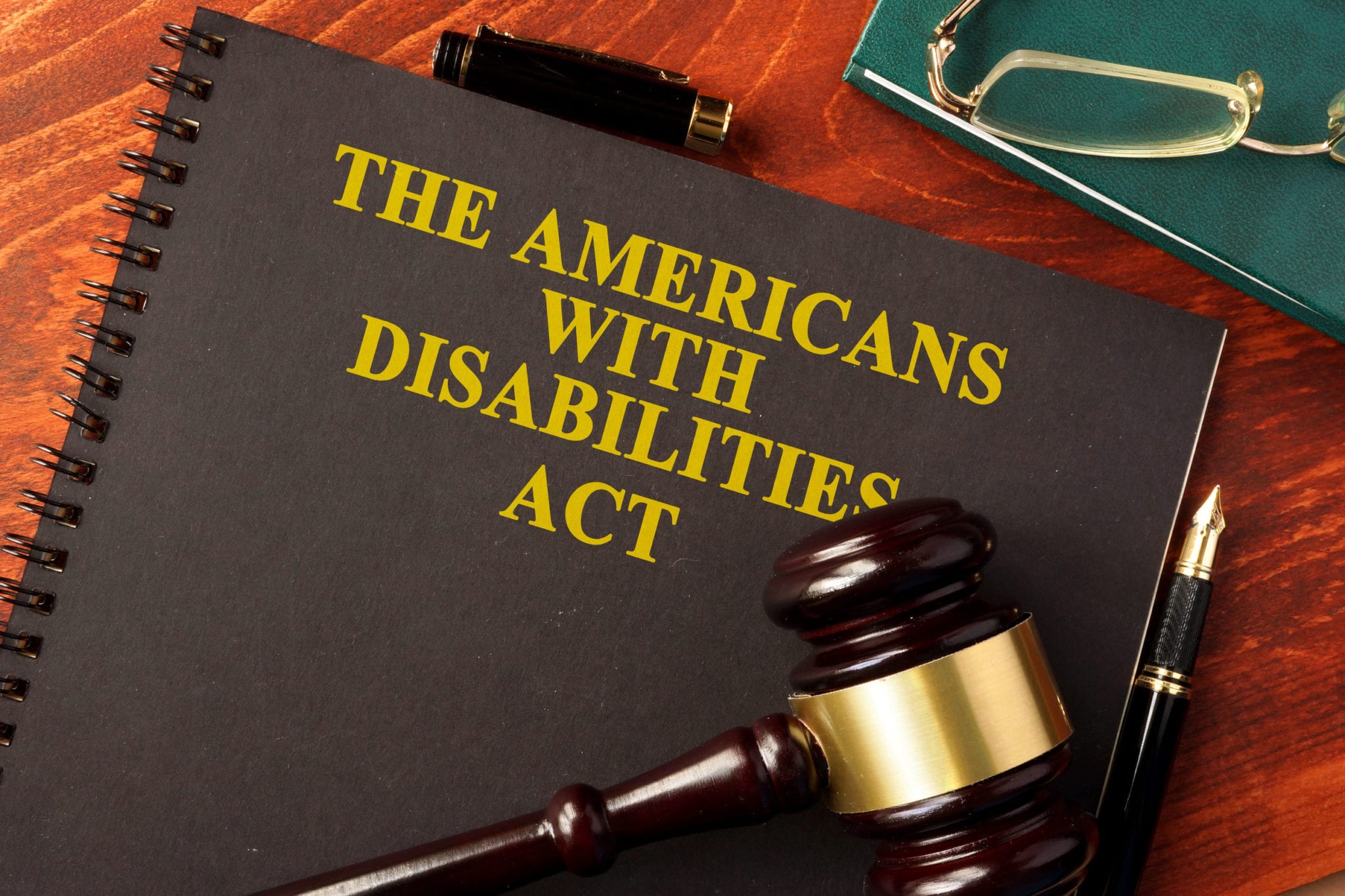The Americans with Disabilities Act (ADA) is a piece of legislation enacted to protect disabled Americans. Thousands of legitimate ADA claims are filed annually to ensure that disabled Americans have the same rights and privileges as those without a disability.
As it were, one Miami attorney sits squarely in the center of what’s been described as over 650 “serial” ADA lawsuits, many of which appear to be fraudulent.
A federal judge has ordered the attorney to repay hundreds of thousands of dollars in settlements. He’s also prompted a state ethics board investigation. Now, the attorney faces disbarment.
The greatest misfortune caused? Fraudulent cases such as this one undermine the credibility of legitimate all ADA cases. This only underscores the importance of working with a reputable attorney if you are disabled and feel that your rights under the ADA have been violated.
In the meantime, learn here about how the ADA works, common violations, and how to ensure that your rights under this act are protected.
Who Is Protected By the ADA in Florida?
The ADA defines a disability as a physical or mental impairment that significantly limits one or more major life activities. The law also covers health impairments that require special educational considerations. Here are the most common disabilities protected by this Act:
Hearing impairments. This is any type of hearing loss that keeps an individual from completely sensing sounds from the ears. If your hearing impairment is significant enough to affect at least one major life activity, you are protected by the ADA.
Vision impairments. The loss of visual acuity or visual field in one or both eyes, such that at least one major life activity, for example, one that involves the ability to see standard written materials, is impaired.
Mobility impairments. Limited mobility can occur due to a wide range of conditions. Those with mobility impairments may require the use of mobility devices such as wheelchairs or a walker.
Learning disabilities. A learning disability is an intellectual disability or condition (think ADD or dyslexia) that impairs the ability to acquire and use listening, speaking, reasoning or mathematics.
Special conditions. This includes persons with certain conditions like pregnancy or cancer, usually temporary in nature, that require special considerations.
The Five Titles of the ADA Floridians Should Know
The ADA covers five areas, or Titles, that relate to different aspects of public life. Under the ADA, Americans with disabilities are to be given the same opportunities as other citizens in these areas.
- Title I: Employment. This covers equal employment for disabled individuals and prohibits employers from making employment decisions (hiring, firing, performance evaluations, and promotions) on the basis of an individual’s disability.
- Title II: State and Local Governments. This entitles disabled Americans to nondiscrimination on the basis of disability in state and local governments. For example, public transit must accommodate persons with disabilities.
- Title III: Public Accommodations. This prohibits discrimination on the basis of disability by public accommodations and commercial facilities. For example, accommodations such as hotels must be accessible to disabled persons. Failure to provide these accommodations can result in civil monetary penalties.
- Title IV: Telecommunications. This requires telecommunication companies to provide a nationwide system that allows individuals with hearing or speech difficulties to communicate over the phone.
- Title V: Miscellaneous Provisions. This covers a variety of provisions, including insurance providers and benefits, the prohibition of retaliation and coercion, illegal drug use, and attorney’s fees. This title also provides a list of conditions that are not considered disabilities under the ADA.
Common ADA Violations in Florida
Any time a discriminatory barrier prevents the access of disabled persons to one of the above provisions, this is an Americans with Disabilities Act Violation.
Common violations include:
Employment: violations. Discrimination against a disabled person in any aspect of employment, including:
- Hiring
- Job assignment
- Performance evaluations
- Promotions
- Firing
Public accommodation violations. Failure of an entity open to the public, such as a restaurant, sidewalk or store to be accessible to persons with disabilities.
This can include:
- Lack of handicap parking spaces
- Failure to install a wheelchair ramp
- Lack of handrails
- Broken or problematic elevators, escalators or walkways
- Lack of handicap accommodations in restrooms
Transportation violations. Public transit services must be reliable and accessible to passengers with disabilities. Common public transit violations include:
- Failure to install necessary handicap accommodations like ramps and handicap seating
- Charging a higher fare for disabled passengers
- Harassment that discourages the use of public transit
This is just a small sampling of the many forms of discrimination faced by disabled Americans. If you have been discriminated against on the basis of your disability, you have the right to file a claim under the ADA act.
However, as the opening story points out, it is imperative to work with a reputable Florida injury attorney who knows how to get results. This will not only increase the chance of your claim’s success but will also prevent you from inadvertently undermining the ADA by working with a disreputable attorney.
About the Author:
Andrew Winston is a partner at the personal injury law firm of Winston Law. For over 20 years, he has successfully represented countless people in all kinds of personal injury cases, with a particular focus on child injury, legal malpractice, and premises liability. He has been recognized for excellence in the representation of injured clients by admission to the Million Dollar Advocates Forum, is AV Preeminent Rated by the Martindale-Hubbell Law Directory, enjoys a 10.0 rating by AVVO as a Top Personal Injury Attorney, has been selected as a Florida “SuperLawyer” from 2011-2017 – an honor reserved for the top 5% of lawyers in the state – and was voted to Florida Trend’s ”Legal Elite” and as one of the Top 100 Lawyers in Florida and one of the Top 100 Lawyers in the Miami area for 2015, 2016, and 2017.
 When You’re Injured at a Native American-Owned Casino in Florida
When You’re Injured at a Native American-Owned Casino in Florida 


















